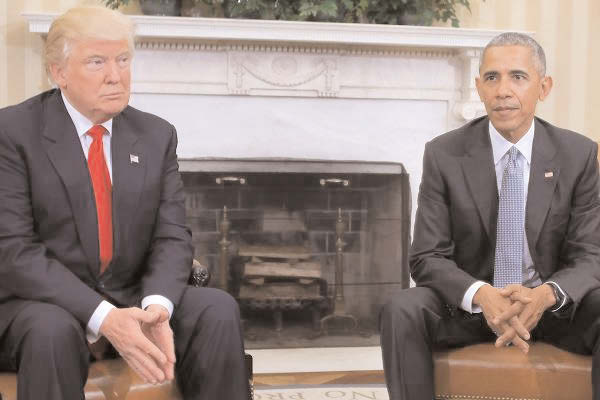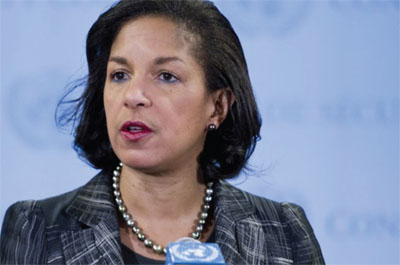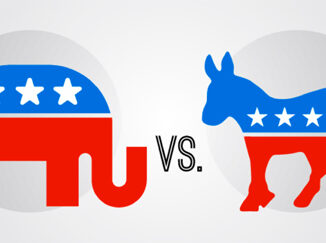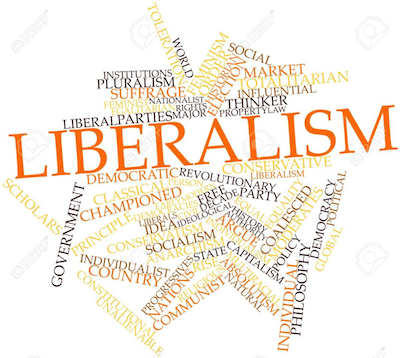
Never has the US seen a transfer of power in the White House as contentious and controversial as we are now witnessing. One has also rarely seen an electorate as polarized as it was during the Trump-Clinton no- holds-barred poll campaign. Many whites in small towns and rural America are now unfit for lucrative employment in an economically globalized world. Industrial production has moved from the US to distant lands like China. Moreover, with the advent of business process outsourcing, US companies are increasingly getting planning, design and even accounting work done in India and elsewhere.
Donald Trump played on these white voter insecurities, while his rival Hillary Clinton appealed for African-American and Hispanic support, polarizing the electorate further. If Hillary focused on Trump’s sexual misconduct and his paying no income tax for decades, Trump hit back with Clinton’s improprieties in office, of violating official secrecy norms and obtaining financial support from countries like Saudi Arabia and Qatar for her family NGO, the Clinton Foundation. The Russians obligingly hacked into sensitive websites, revealing embarrassing information about the inner workings of the Clinton campaign. When Trump won the election amid these raging controversies, despite Hillary Clinton getting two million more votes than him, demonstrations took place, with the media adopting blatantly partisan postures.
These manifestations of white racist violence and behavior have led to anxiety and concern in the minds of many of the four million Indians living across the US, especially in Republican Party strongholds across the south and Midwest. The Indian community predominantly backed Hillary and the Democratic Party, though two Republican Governors of southern states are of Indian origin. President Trump himself remains an enigma, personally averring that he disapproves of racial and sectarian violence. In an election meeting in New Jersey organized by a group called the Republican Hindu Coalition, Trump condemned the 26/11 attacks on Mumbai and the attack on Indian Parliament. He described the attack in Mumbai as “absolutely outrageous and terrible”. He vowed to strengthen diplomatic and military ties with India while expressing admiration for the leadership of PM Narendra Modi.
Trump is contemplating drastic changes in US foreign and economic policies. He has been strongly critical of American military interventions in Iraq, Libya and Syria. Though a large number of anti-Semitic bigots backed him, Trump will deal with Israel with even greater care and consideration than Obama. His own high-flying son- in-law, Jared Kushner, is an Orthodox Jew. Trump’s daughter converted to Judaism before she married Kushner. Breaking with the practices of his predecessors, Trump will insist that European NATO allies and Pacific partners like Japan and South Korea spend more on their defense, thus reducing the American “burden”.
Trump will put an end to the post-Cold-War policy of “strategic containment” of Russia. He believes that Putin’s Russia is a “natural ally” to fight “Islamic extremism”. Trump’s National Security Adviser designate, Lt Gen Michael Flyn, has described Russia as a “natural ally” in confronting threats from “radical Islam”. Progressive easing of sanctions against Russia for its actions in Ukraine and its takeover of the Crimean Peninsula is likely. This message on a new Russia-US relationship will shake both NATO and former Soviet republics ranging from Kazakhstan and Georgia to Latvia and Lithuania. While Trump and Flyn have warned of tough action against Iran, they will face opposition from Russia and China, apart from NATO allies like Germany and France. It remains to be seen if the Iranians cool their anti-Israeli rhetoric. The Americans, Russians and Iranians will, however, find themselves on the same side in dealing with developments in Syria. It also remains to be seen how Trump will deal with the economic and strategic challenges that a growingly assertive and jingoistic China poses.
Apart from the comments that Trump made, while addressing members of the Indian community during his campaign, he and members of his family have fond memories of their experiences in their business dealings in India. They met a group of Indian realty tycoons on November 11 at the Trump Towers in New York. Trump reportedly expressed considerable happiness about the family projects in India, including the 800-ft 75-storeyed tower in Mumbai, designed to become the highest residential complex in the world. The 17.5-acre project, being designed by Trump’s companies, is said to include residential apartments, hotels, malls and entertainment hubs. The companies are also involved in real estate development in Pune.
Modi recently told a dinner meeting hosted by Speaker Sumitra Mahajan that he looked forward to meeting Trump. South Block knows that dealing with Republican administrations in Washington is much easier than dealing with their preachy Democratic Party counterparts. Foreign Secretary Jaishankar has, however, been circumspect about his meetings in New York with Trump’s senior advisers. But, given the domestic agenda of the incoming Trump administration, its proposed restrictions on outsourcing, could cause problems for our IT exports and for US companies choosing to relocate some of their activities to India. With Trump focused on “Make in USA”, there is likely to be some adverse impact on “Make in India“. With Brexit underway, there will be similar sentiments spreading to other countries. Finally, we need to look at future trends in US visa policies. Attorney General (designate) Jeff Sessions reportedly harbors racist sentiments.
After the US military strike that took out Osama bin Laden, Trump has been stridently critical of Pakistan. Senator Sherry Rehman, who has been an astute Pakistan ambassador to the US and now heads the Jinnah Foundation in Pakistan, has painted a gloomy picture about the prospects for US-Pakistan ties. She believes that given his rhetoric, the Trump administration will not withdraw anytime soon from Afghanistan, spelling continuing problems for Pakistan. She warns: “Buckle up Pakistan, it’s a rough road ahead.” New Delhi, would, however, be well advised to not get too self-satisfied with these developments. We are seeing the emergence of a Russia-China-Pakistan triangle in dealing with developments in Afghanistan. How this will impact on US foreign policy in the Af-Pak region, given Trump’s inclination to shun foreign military adventures abroad and his aversion to Iran, remains to be seen.
(The author is an Indian career diplomat)





Be the first to comment